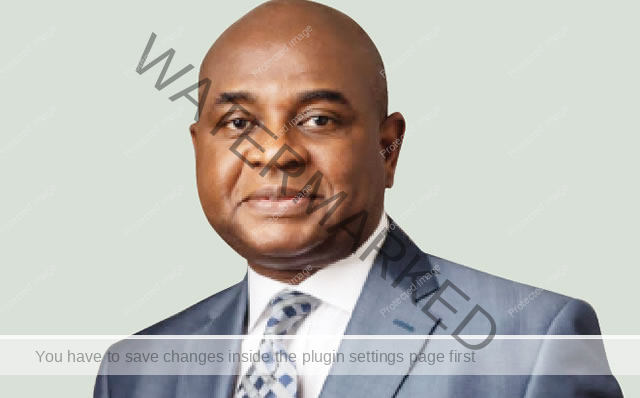Moghalu says economy better under PDP, presidency faults claims
he Senior Special Assistant to the President on Media and Publicity, Temitope Ajayi, and a former Deputy Governor, Central Bank of Nigeria, Kingsley Moghalu, on Wednesday, traded blame on the state of the nation’s economy under the administrations of the ruling All Progressives Congress and opposition Peoples Democratic Party.
Moghalu had claimed in a series of tweets via his X handle on Wednesday that the nation’s economic state, which had experienced a downward trajectory in the past 40 years, only saw the light of the day “briefly” under the administration of former President Olusegun Obasanjo.
Moghalu added that the improved economy was also observed during subsequent PDP-led governments of the late Umaru Yar’Adua, and Goodluck Jonathan.
The former CBN deputy governor, who served from 2009 to 2014, added that from 2015 till date, Nigeria has fallen under a “completely incompetent economic management.”
The tweet read, “Nigeria’s economic distress is simply part of a 40-year downward trajectory that was broken only briefly by the Obasanjo civilian presidency and to some degree under Yar’Adua/Jonathan (up to mid-2014). Ever since, especially from 2015, we fell under completely incompetent economic management and have not recovered.”
The political economist called on the Federal Government to lay a “real foundation for longer-term economic transformation,” while stating that “80% of Nigeria’s exports in 2023 was oil tells you we have yet to get serious..”
Moghalu noted that the presidential palliatives initiative is not a good economic tool to curb poverty, and consequently improve wealth distribution.
“Palliatives (just google the dictionary definition of the word) will never reverse poverty. Wealth is positively created,” he stated.
Moghalu, a former presidential candidate of the Young Progressives, also criticised the appointments of the nation’s economic management team, stating, “Real economic thinking is not happening, so economic transformation can’t follow. Like it or not, individuals in certain positions matter. Sanusi and Ngozi Okonjo-Iweala made a huge difference in their roles. That’s because they had capacity. Their appointments went above politics of cronyism. The results, which is what matters more than sound and fury at the end of the day, followed.”
The tweet concluded, “May we recover one day. Like it or not, appointments have real consequences.”
Presidency fumes, tackles Obasanjo over democracy comment
Reacting to the tweets later in the day, President Bola Tinubu’s aide, Ajayi, admitted that the Obasanjo-led administration from 1999-2007 truly paved the way for some economic reforms, yet “Nigeria didn’t see any progress in infrastructural development” that would have a “direct bearing on the quality of life.”
Ajayi wondered how Moghalu and some others claimed that their era in government was the “golden era of competence” in the nation’s economic management.
Ajayi lamented how Moghalu and his former principal, Sanusi, at the CBN, couldn’t explain the whereabouts of the missing $20 billion in oil revenue, adding that “hundreds of millions of dollars were looted under various guises yet Moghalu wants us to believe that that period was the gold standard in economic management in Nigeria.”
“That period till 2015 was a period of trillions of unpaid salary and pension arrears. A period when contractors were owed hundreds of billions with thousands of abandoned and uncompleted projects,” Ajayi stated.
The presidential aide also noted that since 2015, the nation enjoyed key reforms and changes under the ruling APC government, part of which were the payments of owed salaries and pensions, “massive investments in critical economic infrastructure,” and the “reconstruction of 13,000 kilometres of roads across the country out of 33,000 kilometres of Federal roads in 8 years of President Buhari.”
Ajayi claimed that during the handover of government from Jonathan to the immediate past president, Muhammadu Buhari, on May 29, 2015, Nigeria’s Gross Domestic Product “declined from 7% growth rate to 2% and Nigeria was already primed for recession which eventually happened with collapse of crude oil price.”
“It should be said too that every indices of measuring economic growth significantly declined from 2010- May 2015, a period when Moghalu was Deputy Governor at CBN,” he added.
Ajayi lamented that Nigeria’s foreign reserve dropped about 52 per cent “from the height of $60 billion to $29 billion when Moghalu was part of the ‘competent leaders’ in government and Excess Crude Account dropped from $20 billion to $2 billion at the time crude oil sold for $100 per barrel for straight 4years from 2011-2014.
“The period between 2010-2014 was when Nigeria made most money from crude oil in history yet nothing to show for it.”



